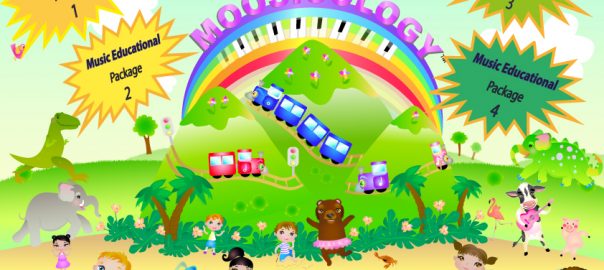
COMING SOON!
- Four Digital Interactive Educational training packages with full Audio tracks integrated ( 32 songs, 16 stories, 16 activation tracks).
- A children’s e-book with 35+ learning aids, Audio tracks of songs, lyrics and words to stories and activation tracks.
- The Grown-Up’s Guide with guidance to support your child’s musical development and lesson-by-lesson tips to play musical games with your child.
Moosicology lesson topics include these core music skills:
- notation and note value
- introduction to music reading
- playing different rhythms and time signatures
- recognizing musical concepts
- singing musical concepts
- clapping and moving to musical concepts
- scales and keys
- melody and chord structures
- listening skills
- syncopation
- backbeat
- shuffle note
- …and more…
Download now and gain serious music skills the fun way!
Ready to download, then Click here!
